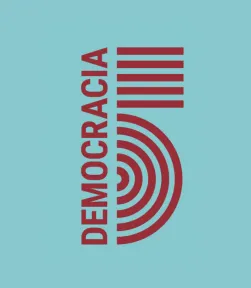In the early 1970s, Portugal was a country where one in every four Portuguese couldn't read and only 5% of school-aged children were enrolled in schools. What has changed in five decades of democracy?
Education is one of the keys to the development of countries, and Portugal is a success story in terms of democratising education and sustainably increasing people’s qualifications.
In addition to social inequalities, the Carnation Revolution in 25 April 1974 also brought down another form of inequality – gender inequality. Since 1986 more than half of the students enrolled in higher education institutions are women, and today over 50% of young women have a college degree.
50 years later, school is for everybody, although not all start off from the same point or under the same conditions. At the same time, more and more young Portuguese choose to leave the country and those that stay in Portugal have trouble seeing their qualifications reflected in their salaries. An entrepreneurial fabric based on small and medium-sized enterprises, with low productivity, continues to pay low salaries and keep the country at the tail end of Europe.
This documentary also opens up one of the critical points in the education system for further discussion: the lack of teachers. While the country had 70,000 teachers in schools in 1974, this figure has since more than doubled – there are now 150,000. But many of them are nearing retirement age and there are not enough teachers left. Overhauling the teaching profession is one of the main challenges for the future of education in the next 50 years.
11

Portugal has changed drastically over the last 50 years. Almost five decades on, what profound changes have taken place in the country? And what lessons should we learn to improve the future?
The Foundation has an extensive program to reflect on what has changed and what measures still need to be implemented to improve national democracy.
The programme begins at the Carmo Barracks where the regime fell – with the event "Five decades of democracy, what has changed?" – and extends to more debates, a series of eight mini-documentaries, documentaries, publications and studies, which will allow us to think about and build the collective future.














